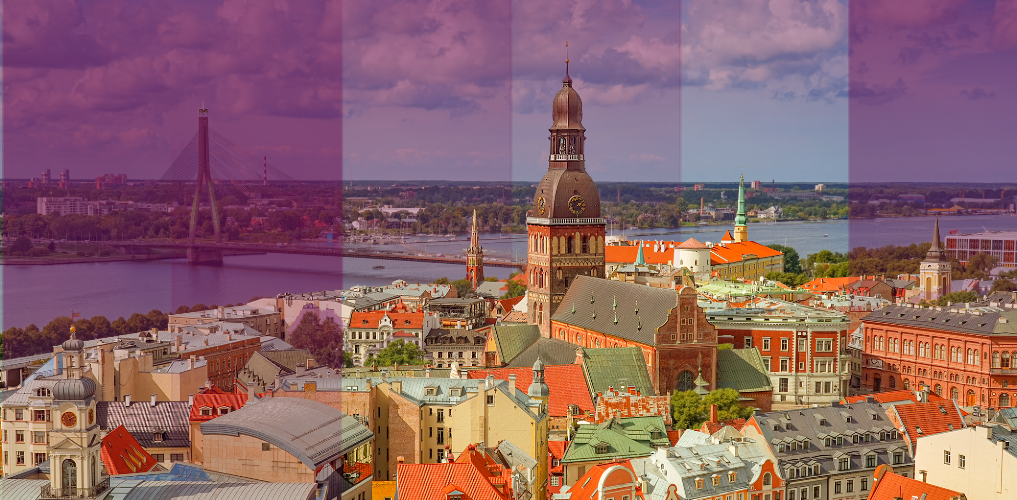News and events

EBRD Annual Meeting and Business Forum
Registration is open for the EBRD’s 35th Annual Meeting and Business Forum.
The event takes place in Riga, 5-7 June 2026
Newest first
- Newest first
- Oldest first
Cards
- Cards
- List
Filter by
Filter by
Reset filters
0
Locations
-
Albania
-
Armenia
-
Azerbaijan
-
Belarus
-
Benin
-
Bosnia and Herzegovina
-
Bulgaria
-
Croatia
-
Cyprus
-
Czechia
-
Côte d’Ivoire
-
Egypt
-
Estonia
-
Georgia
-
Greece
-
Hungary
-
Iraq
-
Jordan
-
Kazakhstan
-
Kosovo
-
Kyrgyz Republic
-
Latvia
-
Lebanon
-
Lithuania
-
Moldova
-
Mongolia
-
Montenegro
-
Morocco
-
Nigeria
-
North Macedonia
-
Poland
-
Regional
-
Romania
-
Russia
-
Serbia
-
Slovak Republic
-
Slovenia
-
Tajikistan
-
Tunisia
-
Turkmenistan
-
Türkiye
-
Ukraine
-
Uzbekistan
-
West Bank and Gaza
Sectors
-
Energy
-
Equity
-
Equity Funds
-
Financial Institutions
-
Food and Agribusiness
-
Legal Reform
-
Manufacturing and Services
-
Municipal Infrastructure
-
Natural Resources
-
Nuclear Safety
-
Real Estate
-
Telecommunications Media and Technology
-
Transport
Page Type
-
News
-
Video
-
Events
Filter by Date
From:
To:




